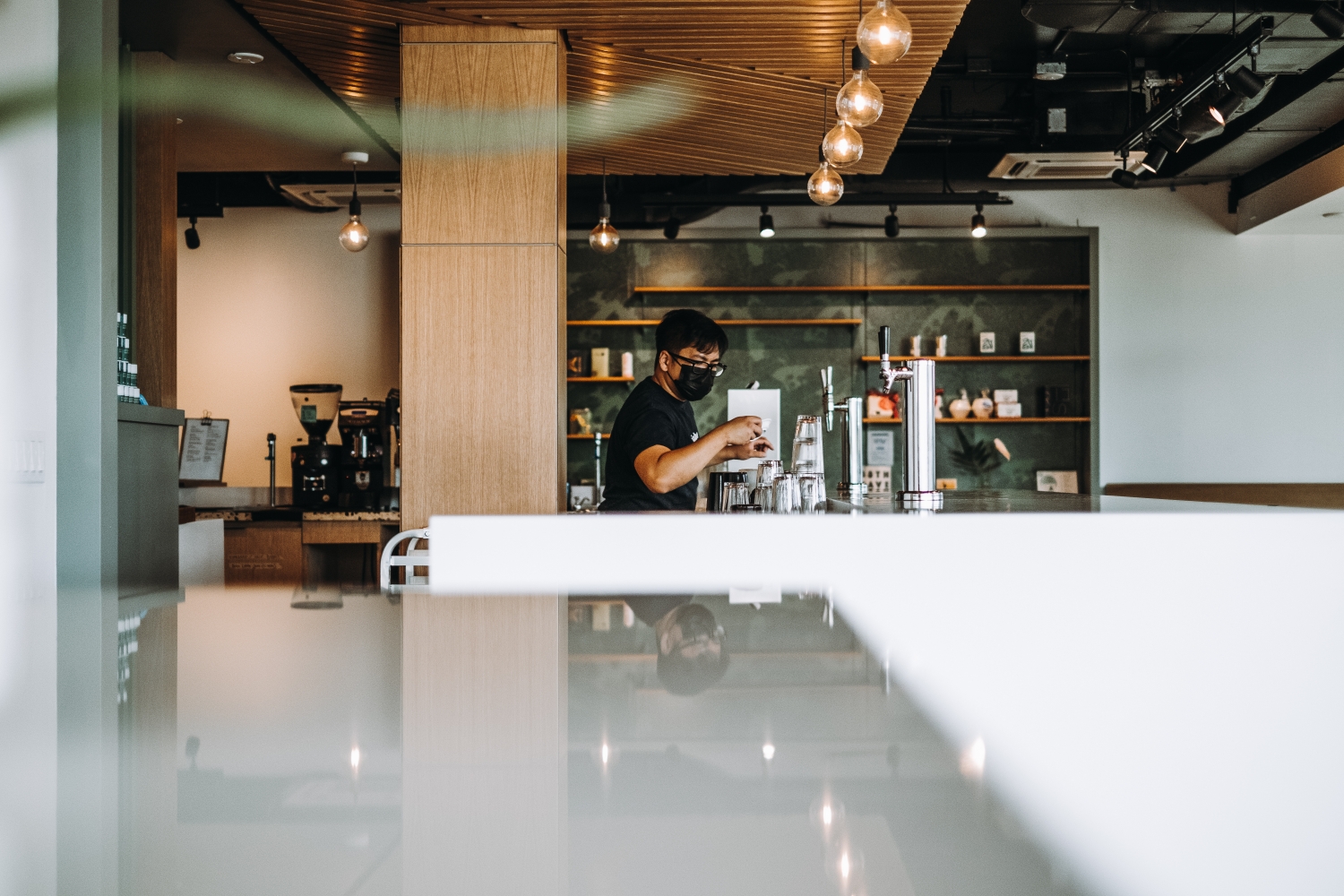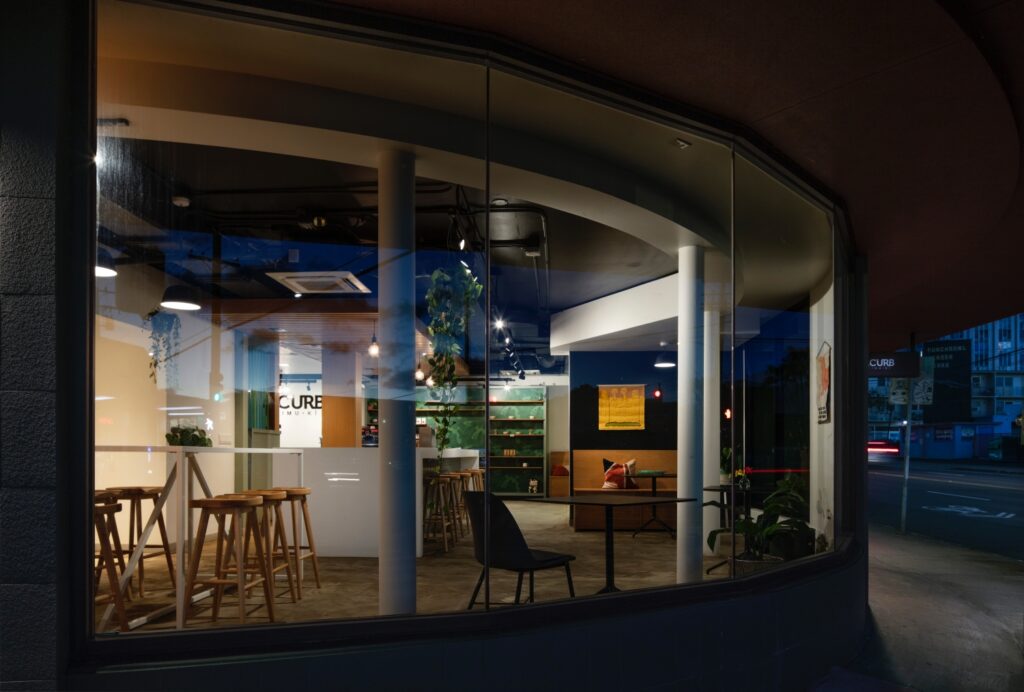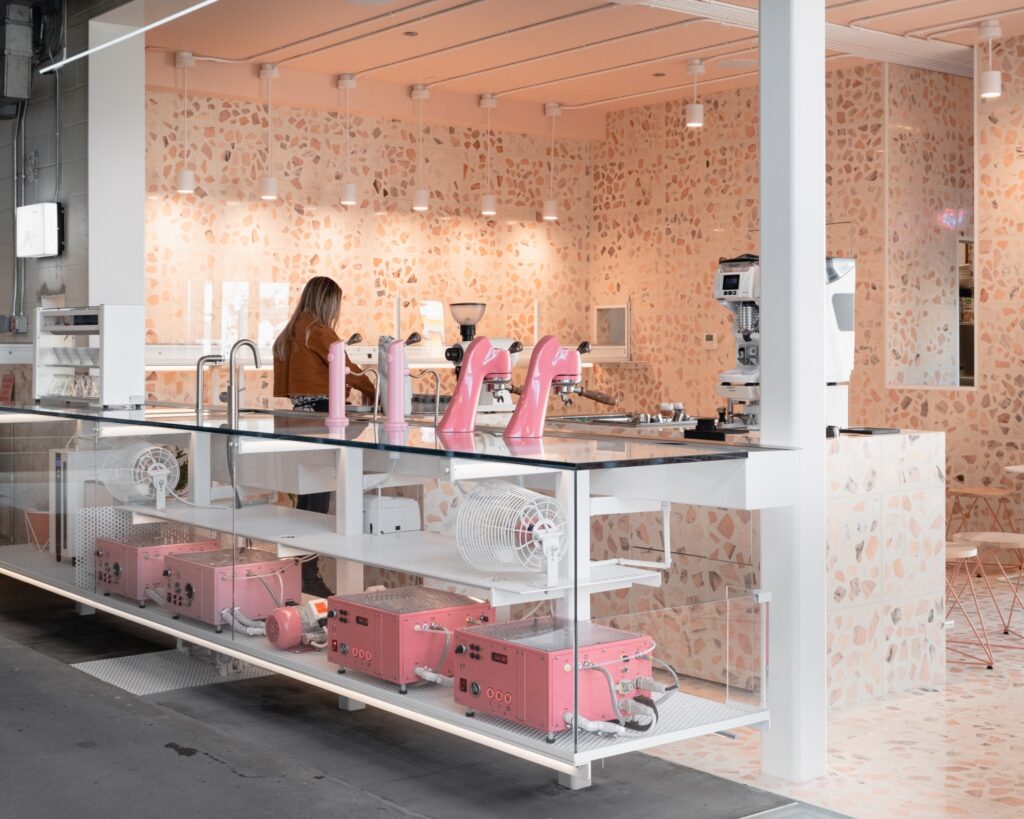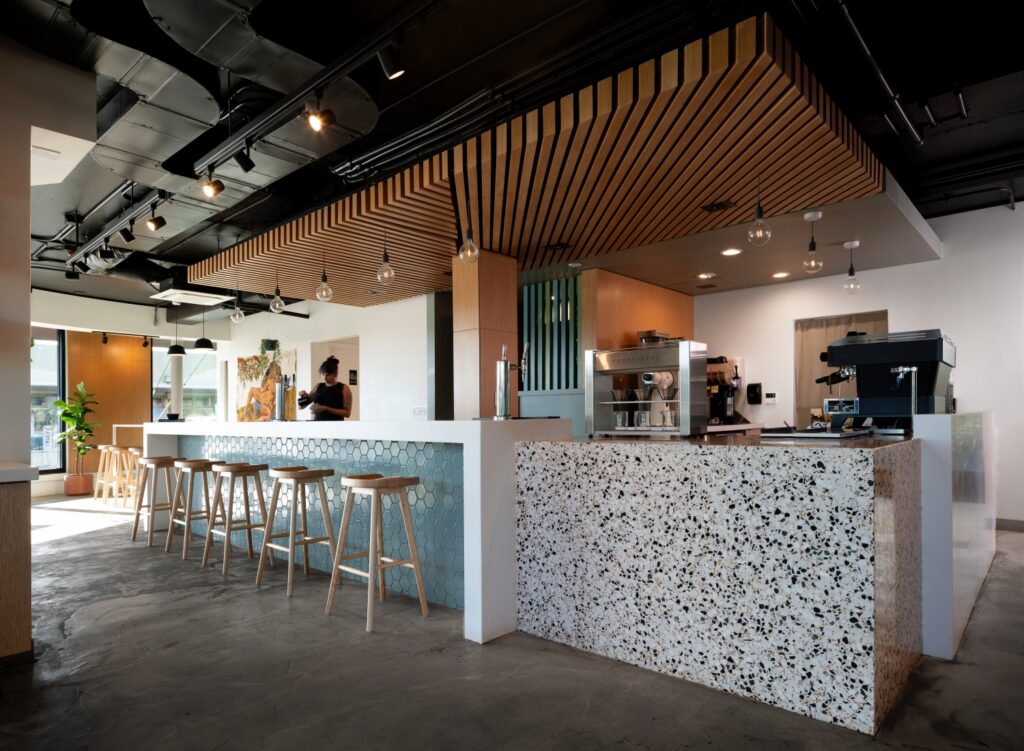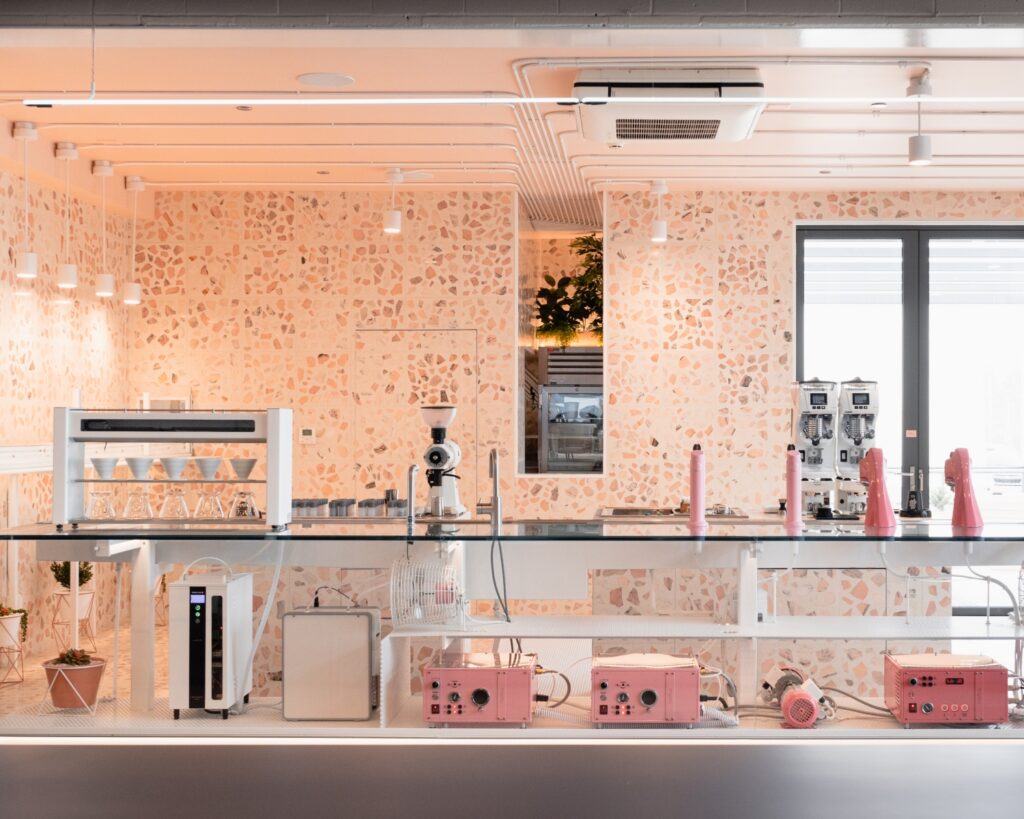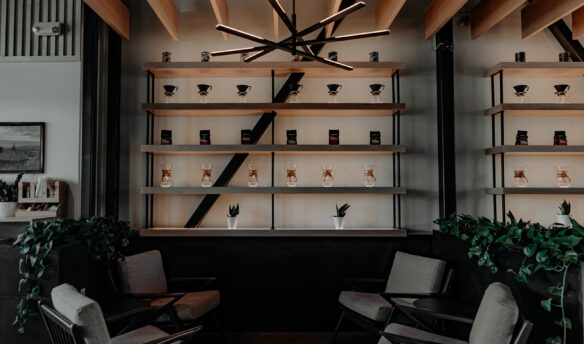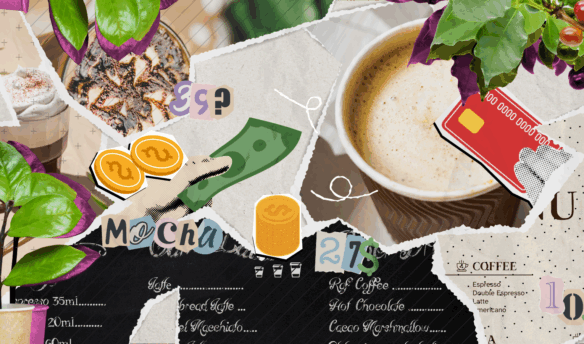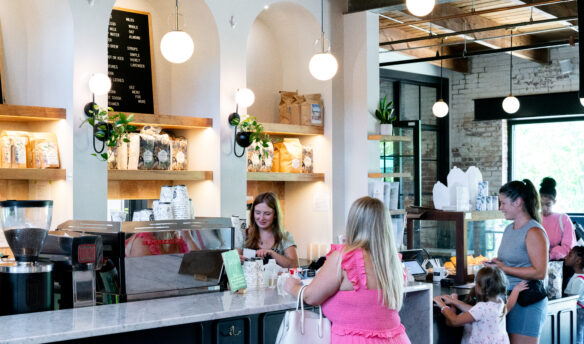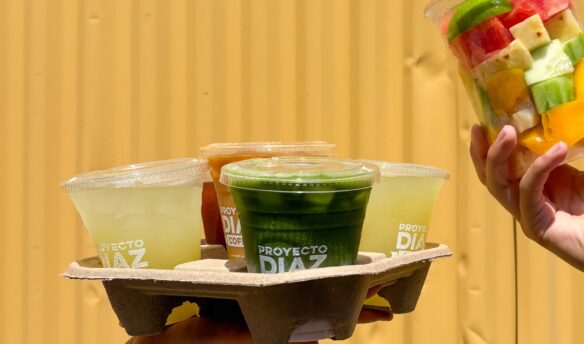[W]ith an increasing number of coffee chains removing the non-dairy surcharge for drinks, some owners of small independent shops wonder if they should do the same.
In January 2022, Starbucks dropped surcharges for non-dairy milk in all of its 1,020 stores in the UK. Blue Bottle Coffee recently announced they were making oat milk the default for milk-based beverages across their US cafes.
As the demand for oat and other plant-based types of milk continues to grow, so does the pressure for coffee shops to follow suit. But many business owners are still considering whether eliminating surcharges for alternative milks is a viable option.
Should coffee shops eliminate additional fees for non-dairy milk, or is passing the cost onto customers a necessary practice?
The Rise of Oat Milk
Non-dairy milk has skyrocketed in popularity due to consumer demand over the past few years. According to data from SPINS, plant-based milk currently represents 40% of all milk sold, up from 34% in 2018.
Ross Uehara-Tilton, co-owner of The Curb Kaimuki in Honolulu, says the demand for non-dairy milk has been steady over the past four years, but the favorite choice of milk has changed.
“Our customers have been mostly consistent in their preference for non-dairy milk,” he says, “but there has been a clear shift away from the old, reliable soy milk and almond milk and toward oat milk, which we didn’t even offer as an option four years ago.”
Oat milk has taken the world by storm and accelerated the pace at which consumers opt for plant-based milk alternatives for their coffee. At the beginning of 2018, the trendy dairy alternative had barely reached grocery store shelves across America but is now the second-most popular plant-based milk option. Oat milk’s quick ascendancy has changed how consumers order and coffee shops consider charging for alternative milks.
Uehara-Tilton shares that beverages ordered with almond milk accounted for nearly half of all drink sales (not just plant-based drinks) in 2018, with soy milk following at 33%. However, oat milk has become the clear winner among customers today. He says that almond and soy milk sales have dropped to 11% and 8%, respectively, with oat milk making up the majority of all beverage sales year-to-date.
The Curb Kaimuki charges customers $1 for swapping out cow’s milk for alternative milks at the time of publication. Their fees are based solely on the cost from vendors, he explains.
While the price has come down for soy milk over the years, it has gone up for other plant-based milks. “Recently, there have been severe shortages in production capacity, especially for oat milk. That has not only driven up our costs, but the product simply isn’t available,” Uehara-Tilton adds. “That has left us scrambling to find alternative sources at higher costs.” While pricing for barista blends—or blends specifically designed to steam well and pour easily—of non-dairy milk is at a premium, he feels it’s necessary to provide the best product experience.
Amalia Litsa of Dear Diary Coffeehouse, a vegan coffee shop in Austin, believes oat milk prices are higher partly due to its newness. Still, she empathizes with owners who charge an additional fee for non-dairy milks.
“With the cost of beans going up and supply chain issues, coffee’s getting very expensive for the operator. On top of this, oat milk is so popular, and there are so few brands that do the barista blends that you have to pay an arm and a leg. I totally understand why shops charge a surcharge,” she says.
Litsa launched Bricco Blends earlier this year to help make oat milk affordable for shops. “I started trying to figure out how to make oat milk in-house because the costs are so crazy. Our business was born during the pandemic, and we had to survive,” she says.
That’s when she developed a dry oat milk formula that can be mixed with water and oil in a blender. It emulsifies as it blends, which lets shops make gallons of oat milk in minutes. Litsa worked on the formula for more than 18 months to find the best ratio of fats, protein, and minerals to produce latte art.
Solving the Customer Service Puzzle
With the global plant-based milk market projected to more than double in the next decade, the increased demand may eventually drive down the prices of milk alternatives in the future.
For coffee shops, surcharges for non-dairy milk beverages could become difficult to justify, especially if more shops continue eliminating the extra charge.
As a vegan coffee shop, Dear Diary Coffeehouse only offers non-dairy drinks, but they’ve used surcharges in the past. Initially, they experimented with fees for specific types of alternative milks to see if price influenced customers’ choices. “Everyone orders oat milk regardless, so I ended up taking that surcharge off,” Litsa says.
She felt pressured to match drink prices from neighboring shops in the early days of business but says removing the extra fees has helped make the transaction smoother.
“At the end of the day, instead of nickel and diming people, we’re saying, ‘Hey, it’s just $6, however you want to make it.’ And that makes the conversation between the barista and the customer a little easier,” she adds.
“In my perspective, I’m adding tension by making our prices higher, and I’m removing tension by simplifying the price structure.”
The Refrigeration Challenge
One good thing about non-dairy milk is that many versions are shelf-stable. For one shop, the issue of surcharges wasn’t about the demand for non-dairy milk but a different industry trend: cafe aesthetics.
Onyx Coffee Lab at the Momentary serves oat milk-based beverages by default and upcharges for dairy substitution. Jon Allen from Onyx Coffee Lab explains the choice had more to do with cafe design than customer preference.
“Refrigeration is usually the hardest thing to build into a cafe that’s trying to focus on aesthetics or certain operations.” During the design process of the Momentary cafe, the team realized they lacked the refrigeration space to serve dairy, Allen says.
That’s when they decided to make oat milk the default and offer traditional cow’s milk with a $1 surcharge. Additionally, Allen sees an even bigger push for alternative milks in coffee shops as dairy costs rise.
At the end of the day, Litsa says the right answer is different for every owner. “If we had $4-a-gallon-milk, our whole perspective on everything would be different.”
Haley Greene is a freelance writer based in Honolulu, Hawaii. She frequently writes about food, coffee, and wellness. Connect with her at www.haleygreene.com.



